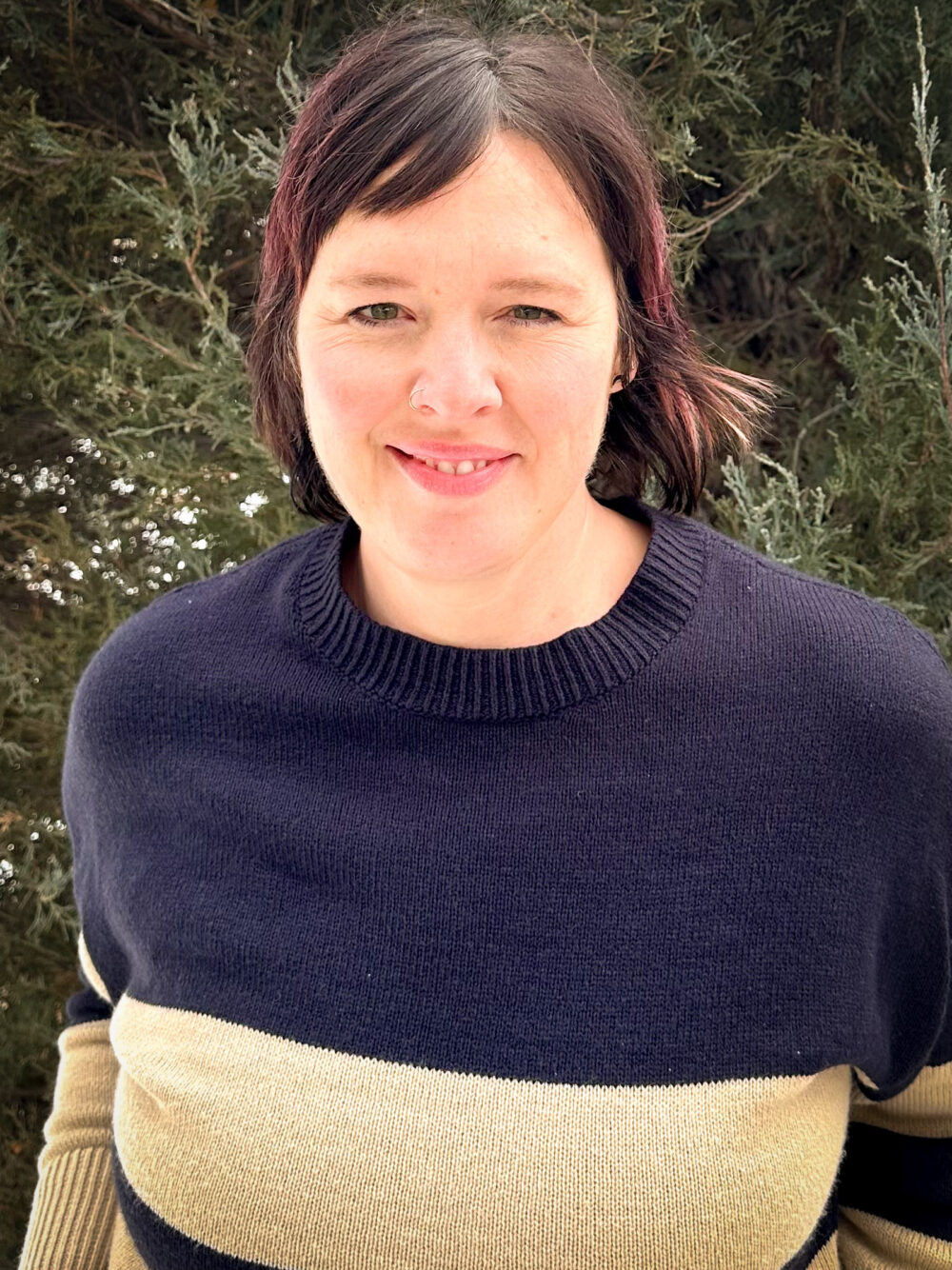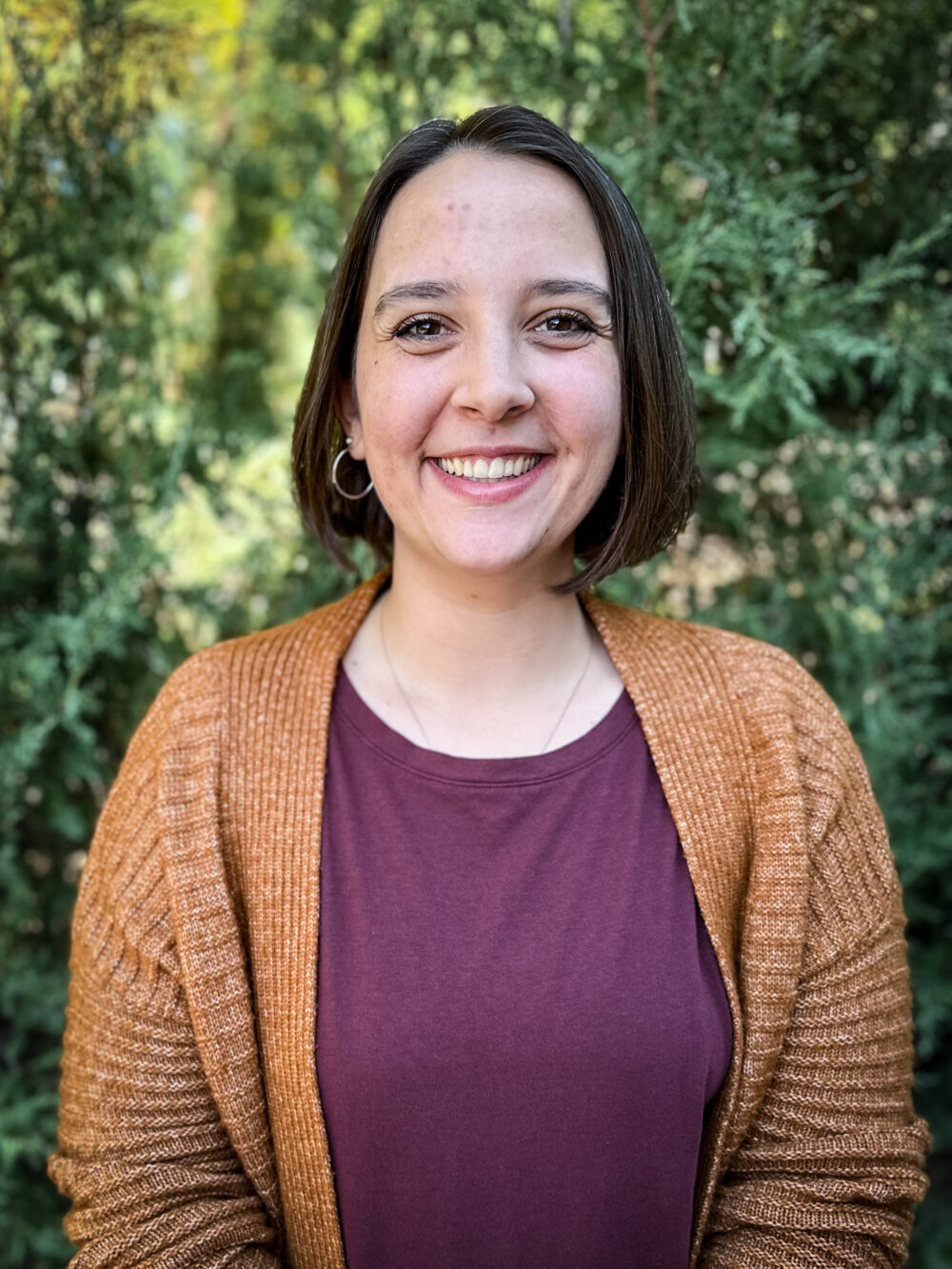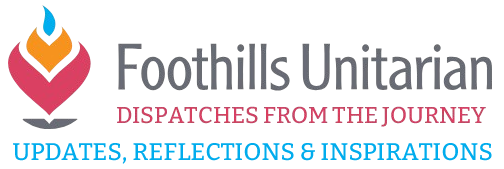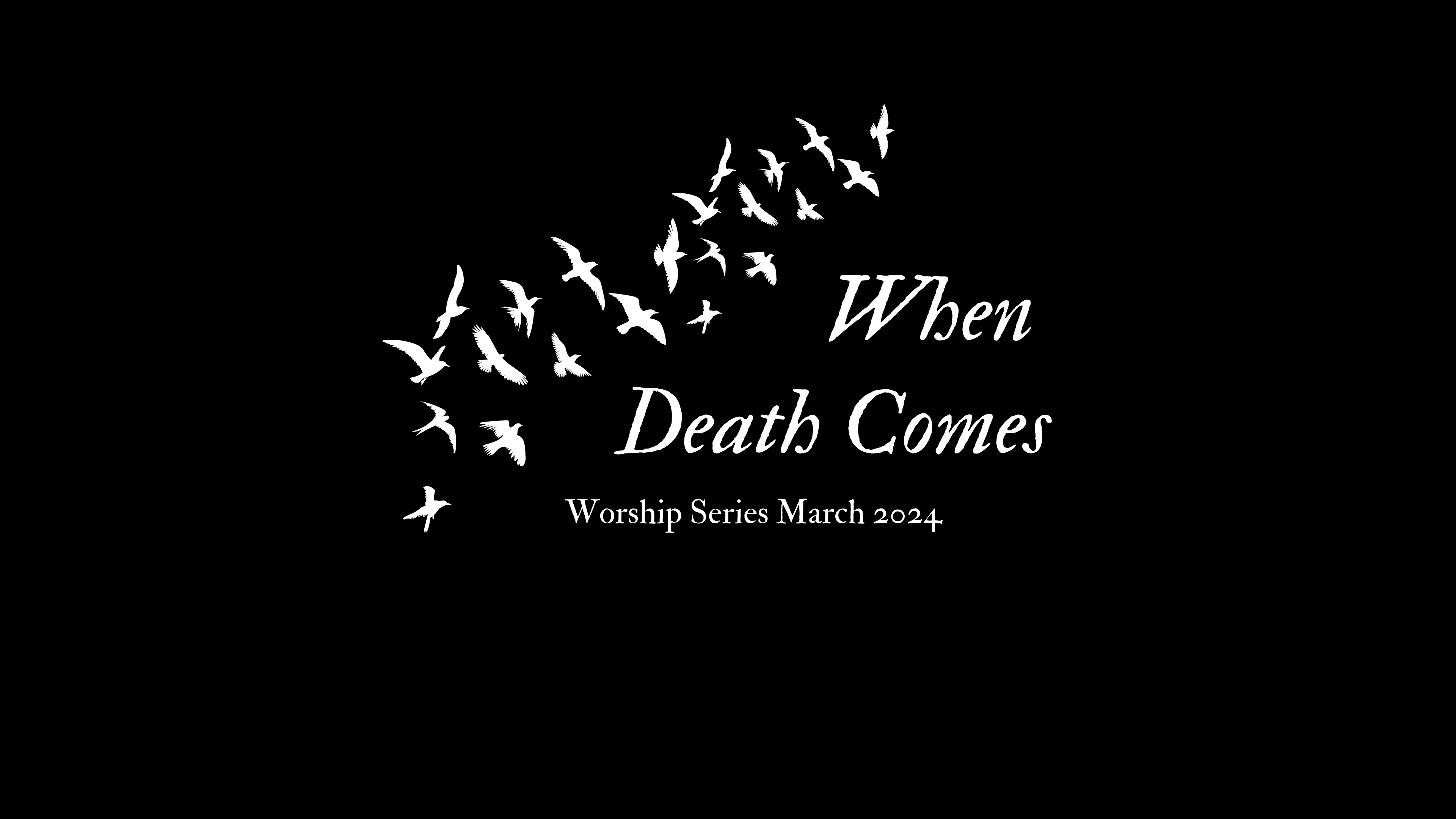I was not able to be at the City Council meeting Tuesday night where many gathered to advocate for the Resolution calling for a Ceasefire in Gaza. Were you there? If so, I would love to hear how you experienced it.
Although I could not be there, the devastation in Gaza has been heavy in my heart, as I know it has been for many of us. The loss of life is frankly, intolerable. And yet, as people of faith who affirm the interconnectedness of all life, and also the inherent worth of every single person, we are every day required to not hide from these realities, and to discern what it means for each of us, and for us collectively to respond faithfully.
This letter to you is my attempt to offer my current thinking on this question, shaped especially from time I spent last week with two great spiritual teachers. As I said in my sermon in December, I know that I will not speak perfectly, and I acknowledge the possibility / likelihood that I have major gaps in understanding. Still, I believe we must be a community that does not shy away from the most complicated conversations of our time, both because our mission to unleash courageous love requires it of us, and also because our faith’s orientation to complexity, and our capacity to acknowledge that more than one thing can be true is deeply needed in these conversations.
The first spiritual teacher I spent time with last week is radical poet and movement elder Aurora Levins Morales. Aurora is both Jewish, and a person of color, and has long worked in solidarity with the people of Palestine. I was among a small group who went to her home in the mountains of Puerto Rico, and then brought her to the city of San Juan where she met with a gathering of UU ministers serving our larger congregations.
While you might imagine Aurora’s counsel for how we are called to respond to the devastation in Gaza would include big statements or urgent large-scale organizing, she instead began by asking us about relationships we are in where our presence could make a difference. She encouraged us to consider who we should be inviting for regular coffee conversations, or even just a weekly phone call or text messages. And also, to consider the relationships we are not in, but should be. She meant, where could conversation – listening, and being heard – be a source of healing, and change? Where could we have real impact that we have neglected in our desire to do something that looks more traditionally like justice work?
Relationships grounded in trust where we together tell and write a new story are where real movement and change happens. Which means, we need to make this conversation more personal, not less. More human. More real. Complexify rather than simplify; make mistakes, and learn, and do the real work of repair, together.
Our UUA President, the Rev. Dr. Sofia Betancourt was also with us for our gathering, and while we were together, she and her office issued an updated statement in response to the conflict. This statement went further than the UUA statement made in November which focused on calling for a ceasefire. I strongly encourage you to read the whole statement, which is filled with details about what is happening that we must not turn away from; the page itself also has some helpful links to past UU conversations around Israel and Palestine.
Sofia spoke about the utility of this statement not as a matter of impacting our government directly, but rather as a moral wedge that might open the door for other progressive faith leaders to follow and speak up similarly. Shortly after the UUA statement was issued, another statement was issued, this time from 22 faith leaders represented by Churches for Middle East Peace. Sofia asked us to think about where our voices could be used similarly in our own communities.
With that in mind, I encourage you to share the UUA statement on social media, and wherever you believe that offering this statement can help create more conversation and bolster another’s capacity to speak.
I don’t know where the conversation will go next with City Council, but I am sure that it is far from finished in our community. As it continues, I hope we are able to stay engaged, and not turn away from this suffering that is happening now, and the human stories at the heart of this struggle – whether that is across the globe, or in our own community. I am especially wondering how we can help to counter the documented rise of anti-Semitic, Islamophobic, and anti-Palestinian speech and actions in our community, most especially for our kids in PSD.
At each part of this path, and as we move through other difficult conversations in the year ahead, I also hope we can return to these two different frameworks for response that these two wise spiritual leaders offered. To ask ourselves:
- Who can or should we invite into a personal conversation that could provide some healing, some learning, some shifting in the direction of Beloved Community? And, where do we (individually, collectively) need to learn, and from and with whom? And,
- When does our speech make more space for others to speak up? When would silence, and listening, be a more helpful stance? Where can our public voice foster compassion, and the ability to see past headlines, and to recognize every other person as fully human?
Each of these frames help us remain spiritually grounded and oriented towards building a liberated future.
In her time with us, Aurora repeatedly affirmed that this is our moral imperative – that we must do everything we can to protect our capacity to believe in alternative, liberated futures. We must believe that there is a world where Israel and Palestine peacefully co-exist, a world where all people are free. (The Palestinian envoy to the UN offered a powerful and heart-aching testimony along these lines earlier this week.). We must fall in love with this future world so deeply we cannot help but usher in its arrival.
Aurora framed all of her conversation with us with this poem, which she wrote after the attack on October 7th. I offer it to you now, as a continued invitation for us to keep dreaming, and building the liberated world.
Summons
Last night I dreamed
ten thousand grandmothers
from the twelve hundred corners of the earth
walked out into the gap
one breath deep
between the bullet and the flesh
between the bomb and the family.
They told me we cannot wait for governments.
There are no peacekeepers boarding planes.
There are no leaders who dare to say
every life is precious, so it will have to be us.
They said we will cup our hands around each heart.
We will sing the earth’s song, the song of water,
a song so beautiful that vengeance will turn to weeping,
the mourners will embrace, and grief replace
every impulse toward harm.
Ten thousand is not enough, they said,
so, we have sent this dream, like a flock of doves
into the sleep of the world. Wake up. Put on your shoes.
You who are reading this, I am bringing bandages
and a bag of scented guavas from my trees. I think
I remember the tune. Meet me at the corner.
Let’s go.
With love, and in partnership,
Rev. Gretchen

Katie believes the best things in life are the result of collaboration and diverse perspectives coming together to produce something greater than any individual could. She is passionate about systems, efficiency and collaboration for better community outcomes. She loves dreaming up the big picture and drafting the roadmap to make it happen. She has a background in operations, fundraising, communications and program development, as well as over a decade of nonprofit management experience in Northern Colorado.
Her greatest joy in life comes from her family. Her husband, Steven, a principal at Wellington Middle School, and daughters Emmaline and Esmae are the lights of her life. Together they love mountains, music and all kinds of food. She is passionate about women supporting other women in all stages of life and especially through the critical moments that make or break us. She believes that one of the most important things in life is to be kind.
Being outdoors makes her soul come alive. It always roots her in gratitude and is one of the reasons she loves living in Fort Collins.



